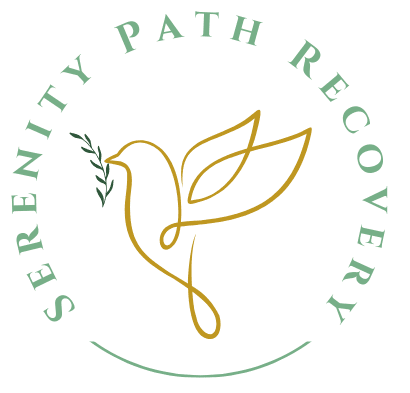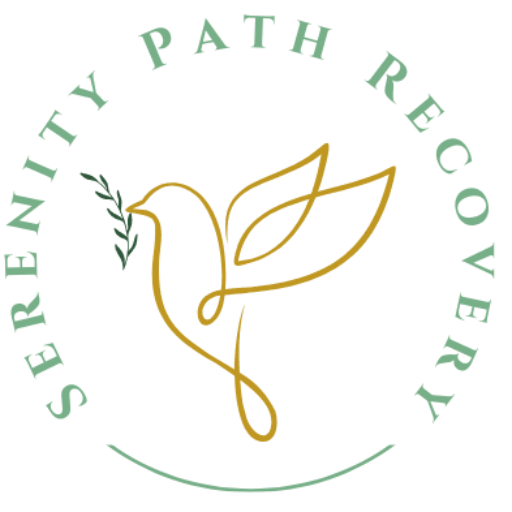Understanding the Impact of PTSD on Addiction
TL;DR: Addiction and PTSD frequently coexist. To create treatment plans that are effective for both disorders, you must understand how trauma impacts the brain and behavior. Both are addressed at Serenity Path Recovery with kind, comprehensive care that promotes long-term healing and harmony. See the National Institute on Drug Abuse (NIDA) for further information on addiction and trauma.
Understanding the Impact of PTSD on Addiction
When someone witnesses or experiences something extremely frightening, PTSD develops. It may have a lasting impact on mood, memory, and overall mental health. Many people believe that using drugs or alcohol can help them forget stressful situations or unpleasant memories. Over time, this little reprieve may become a habit.
We at Serenity Path Recovery are aware of the strong connection between addiction and trauma. To recover from these problems, you must practice kindness, safety, and a whole-person approach to treatment.
How drug use is impacted by PTSD
PTSD patients may experience more severe than normal stress reactions, nightmares, or flashbacks. By momentarily numbing their emotional agony or soothing their brains, drugs or alcohol may help people cope with their problems. However, rather than aiding in the recovery of problems, this tendency makes people want to avoid them.
The body forms a hard-to-break pattern when it associates chemicals with relief. People who receive therapy for both addiction and PTSD are able to break the cycle and develop new coping mechanisms.
What the Nervous System and Brain Do

The brain’s response to stress is altered by trauma. Because PTSD keeps the nervous system on high alert, it may release excessive amounts of cortisol and adrenaline. Long-term exposure to high levels of stress can leave people feeling exhausted, nervous, or emotionally detached. Although drugs may appear to help you regain equilibrium, they actually disrupt the substances that your body needs to heal itself.
Somatic experience, mindfulness-based techniques, and EMDR are some therapies that address both addiction and trauma. They aid in calming the nervous system and reestablishing confidence in security and authority.
Eliminating addiction and PTSD simultaneously
To fully recover, you must address both problems. Group support, trauma-based therapy, and coping strategies that encourage patients to be aware of things rather than avoid them are common components of treatment at Serenity Path Recovery.
By identifying the origin of their trauma, clients learn how to cope with negative emotions without turning to drugs or alcohol. People become more resilient and have greater faith in the rehabilitation process thanks to this two-part method.
Reassembling Your Life Following a Traumatic Incident
Regaining your tranquility and sense of purpose is equally as important as eliminating symptoms. As people get better, they usually pick up new hobbies, make new friends, and develop new abilities. Life after addiction and PTSD can be more than just surviving; with the correct care, it can be a path to empowerment.

